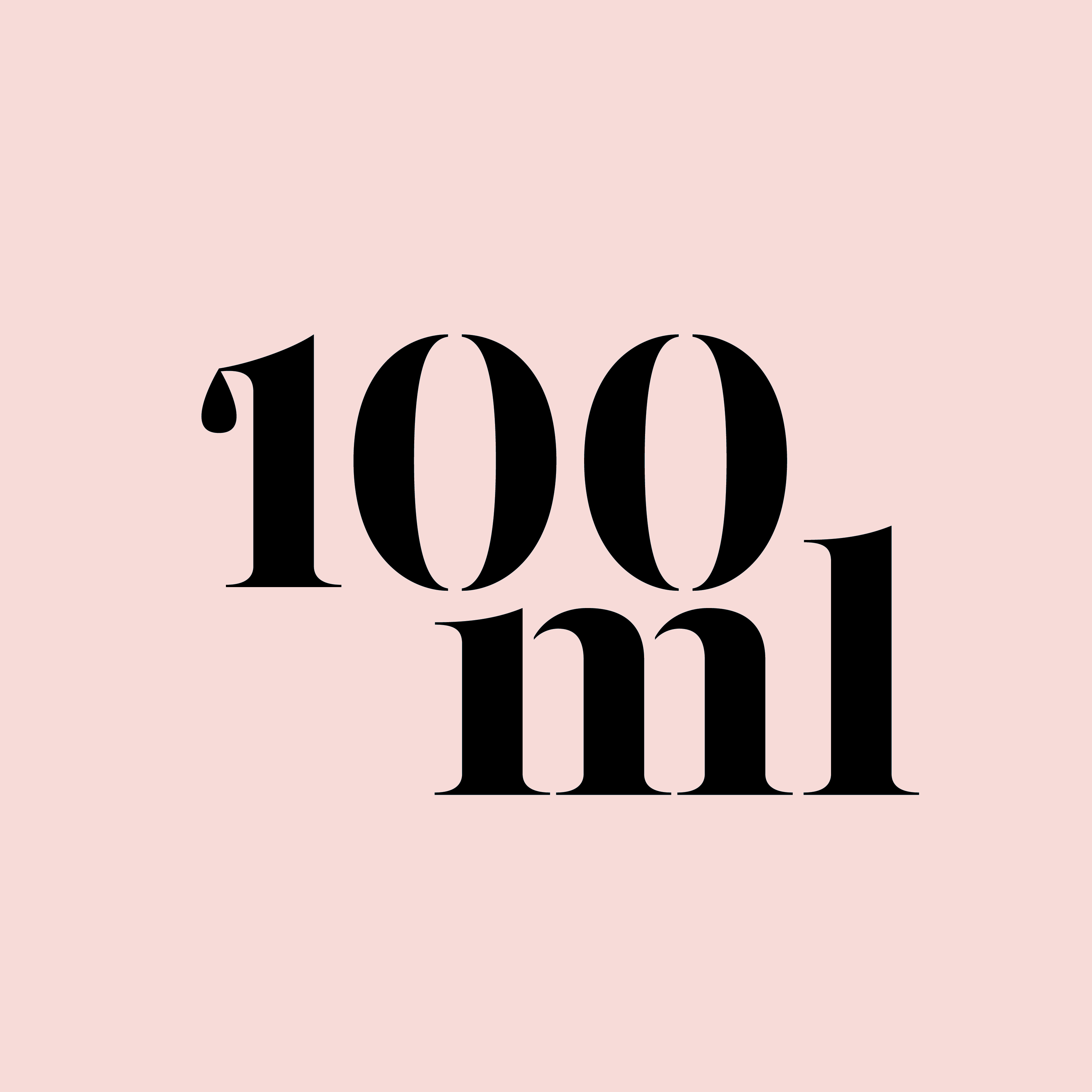
'Origin Story' delves into conversations with brand founders about how they got started, and the places and ingredients that inspired their journey.
From 2014 to 2017, Dr. Mia Chae Reddy was living in Italy with her family. During this time, they took advantage of the ease of access and affordable flights and traveled all over Europe and North Africa, but one fateful trip to Morocco changed the course of her career trajectory. It’s there where she met a fourth-generation Moroccan herbalist who introduced her to the country’s time-honoured beauty rituals. It’s also the place that inspired her to create her own skincare brand, Dehiya Beauty when she returned home to the United States, named after a warrior queen from North Africa. Today, the California-based, Moroccan-inspired plant-based skincare brand brings together 1,200 year-old rituals and ingredients that are indigenous to the country.
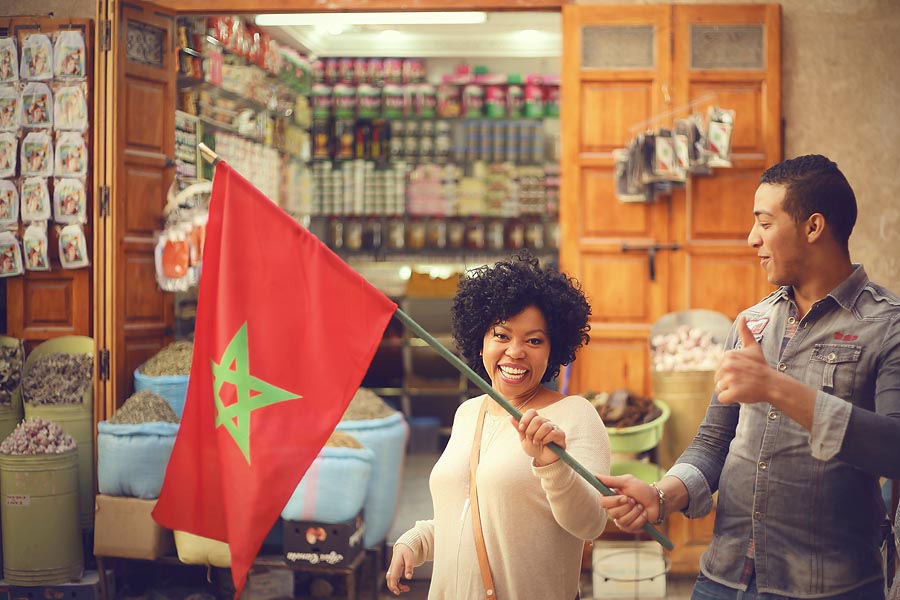
Take the mihakka, for example, a traditional facial exfoliating device handcrafted with clay from the Atlas mountains and covered with virgin wool and dyed with natural pigments. Or Alia, an argan-oil infused cleanser with beldi — a gel-like soap mixed with various essential oils — that’s used in hammam rituals.
100 ML spoke with founder and creative director Dr. Mia Chae Reddy about the journey that led her to create Dehiya Beauty.
A fourth-generation Moroccan herbalist introduced her to the country’s time-honoured beauty rituals.
“I was walking through the Jewish quarter. There are all these little shops in the medinas and you’re constantly being stopped and solicited. You keep things polite and moving. I happened to come upon this one shop and there was a young man standing outside who stopped us to speak. There was something about him that was different. He wasn’t trying to push anything on us. He told us to come in and look around. He was telling me different things about the shop. I didn’t feel any pressure to purchase anything but I was really learning about the culture. [His] family had a pharmacy for over a century. They were the first Muslim business to move into the Jewish quarter when they desegregated the Jewish quarter.
When I was initially doing research on Morocco, I was really excited about the apothecaries and natural beauty. I’d jotted down a list of different [ones to visit]. He described and explained everything I’d seen in those shops. We exchanged information and when I went back to Italy, we stayed in touch. He would send me things and give me the background, explaining the history and tradition. Because he was young and in the process of taking over the family business, he was well-versed in what would work well [in the U.S]. He sent me beldi, which is a used in the hammam. Traditionally, it’s made with olive oil, but he found an artisan who makes it with argan oil. Because it’s not as emollient, you can use it on the face. I started doing research and realized that no one was doing this. When we were coming back to the States, my husband asked what my plan was. I thought maybe I wanted to start a skincare.”
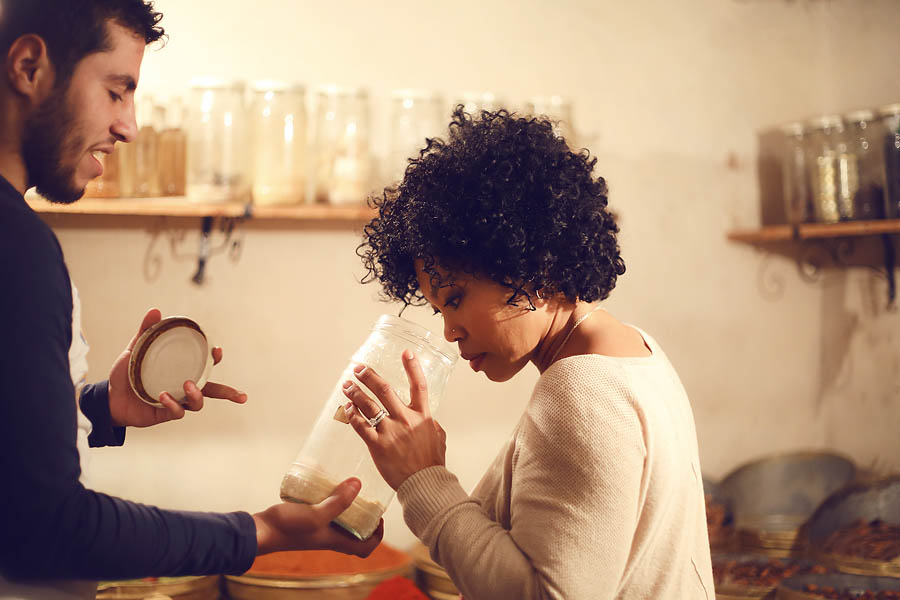
Dehiya Beauty was named after a powerful North African female warrior.
Dehiya was a seventh-century warrior queen of the Amazigh (the indigenous North African group) who led resistance against the Arab invasion of North Africa. “When I read her story about how she was a queen and warrior who led her people to battle, it was everything I wanted to encompass in the brand – strong women, empowered, leaders and supportive. She’s still revered as an icon in Northern Africa.”
She believes in the importance of honouring and staying true to Moroccan culture and rituals.
“I’m not from Morocco and I don’t have any ties to Morocco outside of having visited. When you’re telling someone’s story, I think it’s really important that you’re telling it accurately and you’re not trying to co-opt, capitalize on or appropriate someone else’s culture. Especially now with everything that’s happening here in the United States and the importance of telling people’s stories. We have this story so long as Black people in the United States that has been erased or silenced. People look at Morocco as this exotic location. They go in and are voyeurs. For example, the word Berber. It’s pejorative. You can call a rug Berber. If you truly are invested in the culture and in understanding it, you should know that. It was important for me as I’m telling the story that it’s accurate.”
The mihakka, a traditional Moroccan facial exfoliating tool, isn’t readily available in North America.
“Everything that I know about the mihakka for the most part is based on oral tradition and [the herbalist] giving me this information that’s been passed on from generations. It looks different than any other facial tools but once you use it, it makes sense. The whole process is really intentional. They’re so sustainable because the outside is made with organic cotton and the inside is made with clay from the Atlas Mountains. Afterwards, if it starts to unravel or get dingy, you can take the top cover off. The inside clay — the flat part of the mihakka — has grooves in it so that you can also use it on your feet in place of a pumice or elbows and areas that get rough. Plus, it’s clay so it goes back to the earth.”
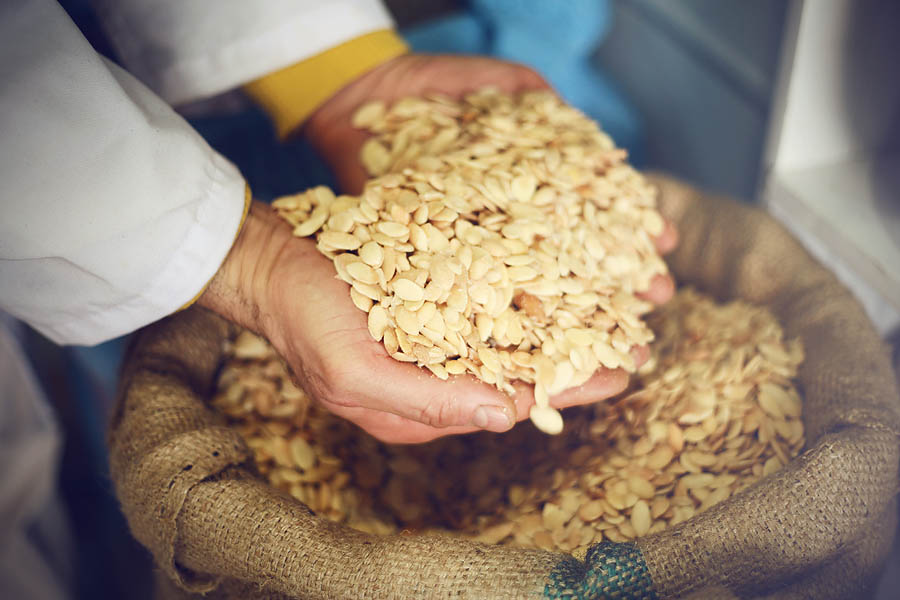
Dr. Reddy’s upbringing informed her vision and mission of positioning Dehiya Beauty as a global beauty brand.
“Inclusivity has been at my core since I was a child. I was adopted by a white family. I grew up in Wisconsin in a very homogenous rural area and I was always the only person of colour. And so I always felt my skin. I didn’t feel as though I belonged. That guided me and my identity as I was coming of age. I went to a historically Black college for undergrad. I started off as a fashion major and ended up becoming an African studies major. That was really about me trying to understand how to unpack my own stuff. I came into myself at college. All of these Black people — different shades, different hair textures, different music — but no one questioned your Blackness or your identity. Growing up where I did and being half-Korean and half-Black, I didn’t belong in the Black community, I didn’t belong in the Korean community because I didn’t speak Korean and I didn’t belong in the white community. This was the first time in my life that I really felt like I was home. All that to say, in creating the brand, I knew it was an opportunity for it to be something more than skincare. It had to be a whole story. People needed to see themselves in it, regardless of whether they were Black, white, Asian or whatever. My sister is Korean, my brother is Black and white, and my parents are white. I wanted all of that to be a part of it.”
SHOP:
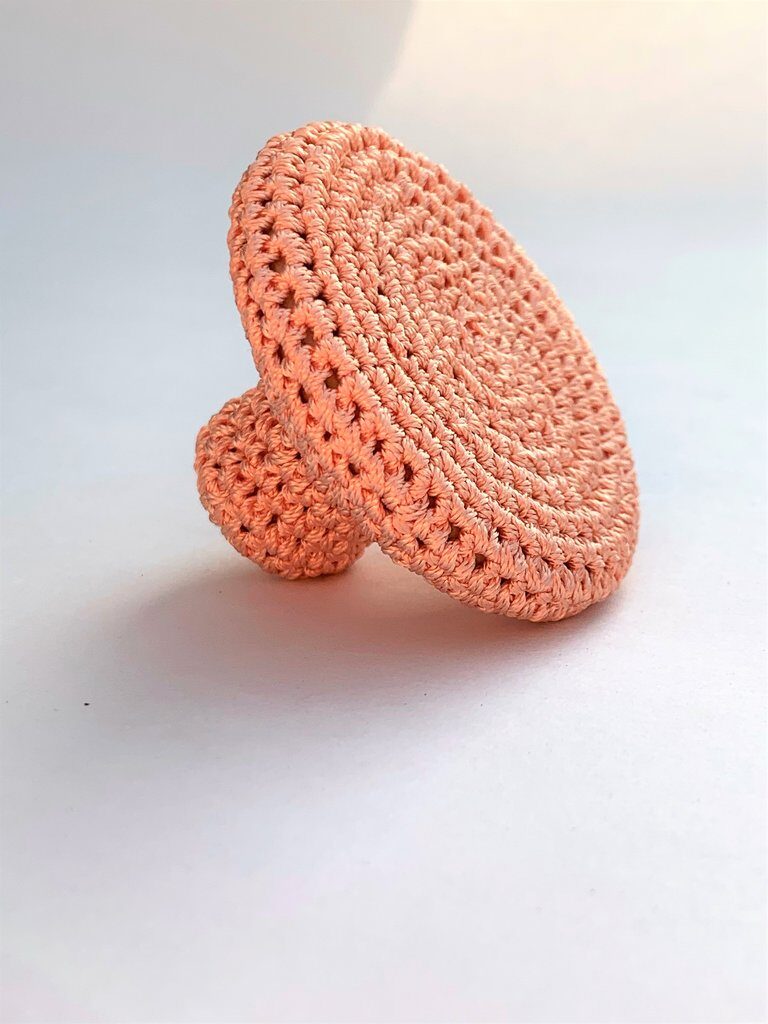
Mihakka, $16 USD, dehiyabeauty.com
Using hand-dyed organic cotton, this multi-tasking exfoliating tool can be used on the face or rough areas of the skin like your elbows and knees.
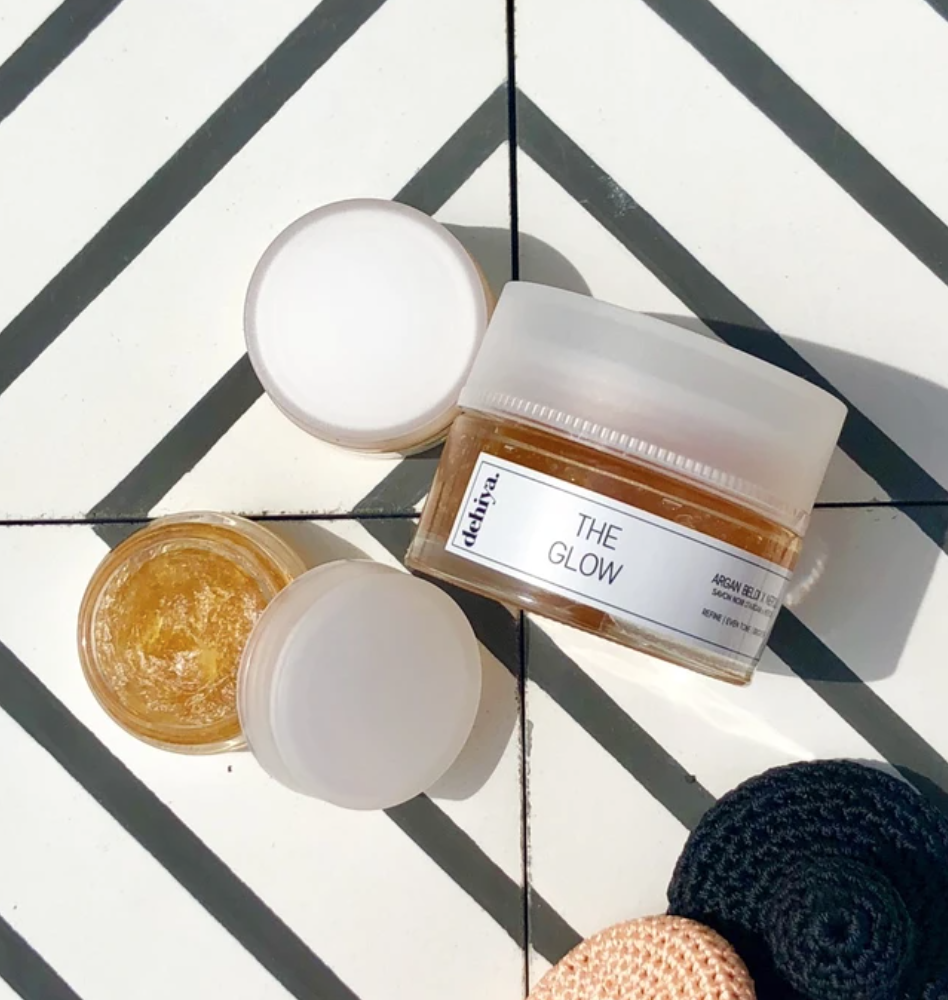
Alia (formerly The Glow), $28 USD, dehiyabeauty.com
Made with argan oil, this beldi provides a deep cleanse to prep the skin for exfoliation, brightens and hydrates. You can choose the original or one of three boosters — neroli, geranium or santal.
